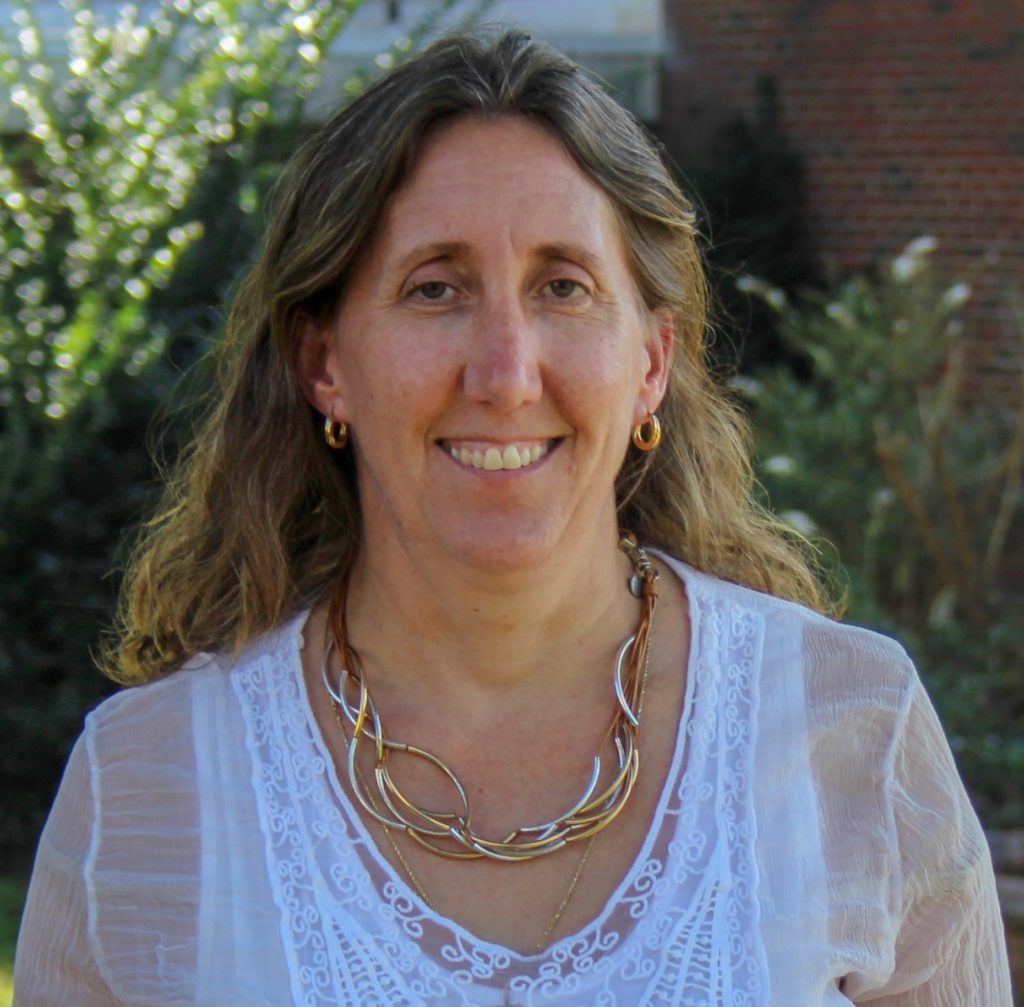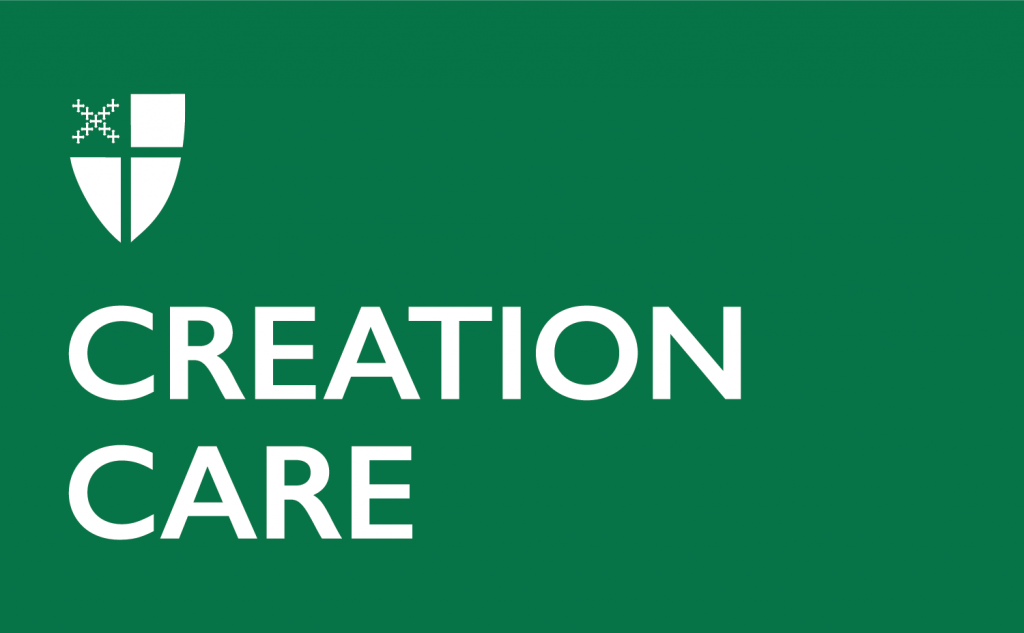COP26 Advent Reflection
By Dr. Delia Heck
Watching the 2021 United Nations Climate Change Conference (known as COP26) meetings unfold it was hard not to become frustrated and disillusioned with world leaders as the final Glasgow Accord emerged. Early promises, statements and positions gave way to the reality of global climate change politics. Efforts to phase out coal were watered down and targets for limiting warming to 1.5 degrees were not set. Cries for substantive action addressing extreme and slow-onset climate events, especially on the most vulnerable and marginalized communities, went largely unheeded. When we are able to see the impacts of climate change in our world on a daily basis, it is hard to balance a sense of urgency with the reality that human political institutions do not move with any alacrity. The question after meetings such as COP26, when human institutions prove unable to keep pace with the scale and scope of the challenges at hand, is “How do we not feel hopeless and powerless?”.
This season of Advent offers some clues as to how we might proceed. This is a time marked by longing, anticipation and hope as we await the coming of God. It is a time symbolized by light shining in the darkness. It is filled with words and images of wilderness, preparation, and transformation. In Advent we await not the coming of a new organization, system, or a set of policies, conventions and laws. Rather, we anticipate and prepare for God’s entrance into the world as a child – one ultimately feared by those in power.
The challenge in the midst of this climate crisis is to shift our focus from the flaws and foibles of our political institutions to the hope of what is to come. This is possible if we examine what was happening beyond the official bounds of COP26. The People’s COP emerged in Glasgow as arguably the most influential force in the long run. This is where there is much hope to be found. It was not in the negotiation rooms or in the voices of those with money, privilege, and access. It was in the tens of thousands of young people, indigenous voices, frontline communities, women, and faith groups. It was in the estimated 120,000 people marching in the streets of Glasgow, easily outnumbering the 38,457 official delegates in attendance. It is these voices that will ultimately demand change, both at global meetings such as COPs, as well as their communities around the world.
Our institutions are made up of people, and while they may be slow to change, we can lead the way demonstrating with our individual and collective actions, what we expect from them. We can be the light that leads in the darkness when change is slow in coming. We can be the voices calling in the wilderness drawing others to us as we share the story of caring for creation, climate justice and becoming beloved community. We can be the transformative force in our parishes, communities, dioceses, states, provinces, nation, church, communion and the world. God is preparing us to be the hope that will lift up frontline, female and indigenous voices, engage young people in building sustainable and resilient communities, develop new models of funding loss and damage for extreme and slow-onset events and lead the way in reducing carbon consumption and emissions.
As we continue our journey through Advent, may we find time to wait, to anticipate and to renew our hope. God is with us, working through us, to bring light to the world. And the darkness will not overcome it.

Dr. Delia Heck earned her PhD in Geography from the University of Washington. She teaches courses in Environmental Science, Eco-Justice, GIS, One Health, Physical Geography and Sustainability at Ferrum College in southwestern Virginia. She is a member of Episcopal Relief and Development’s Climate Resilience Community of Practice. Dr. Heck co-facilitates the working group on Climate Justice for the National Black Environmental Justice Network and is actively engaged with the Southeast Climate & Energy Network/Southeast Faith Leaders Network faith working group. Dr. Heck has facilitated solar energy projects in Haitian villages to promote sustainable economic development, social justice and environmental stewardship. She led the working group on environmental justice and racism as a member of The Episcopal Church’s Taskforce for Care of Creation and Environmental Racism. Her summers are spent leading Ferrum College’s Smith Mountain Lake Water Quality Monitoring Program. Dr. Heck is married to the Rev. John H. Heck and has two young adult sons, Benton and Peter.

